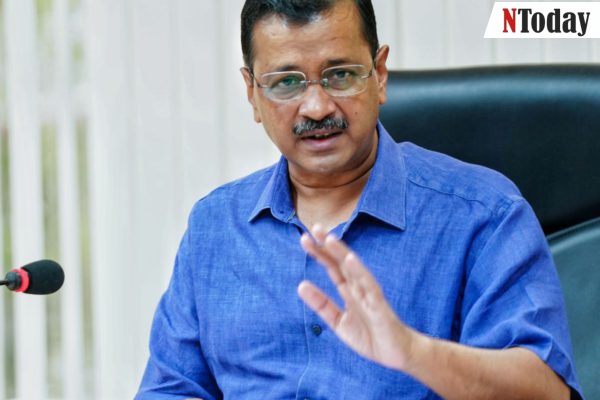A Delhi court on Saturday granted exemption to Chief Minister Arvind Kejriwal from personal appearance for the day in connection with a complaint filed by the Enforcement Directorate (ED) against him over non-compliance with its summonses in a money laundering case linked to the now-scrapped excise policy.
Additional Chief Metropolitan Magistrate Divya Malhotra granted relief to Kejriwal after the AAP leader appeared before the court via videoconferencing and urged for exemption from physical appearance for the day.
Kejriwal told the court that he was unable to appear before it due to the ongoing Budget session of the Delhi Assembly.
Appearing for Kejriwal, senior advocate Ramesh Gupta told the court that the Delhi chief minister will appear before it in person on the next date of hearing.
The court has adjourned the matter to March 16.
In its complaint, the ED has alleged that the Delhi chief minister intentionally did not want to obey the summonses and kept on giving ‘lame excuses’.
If a high-ranking public functionary like him disobeyed the law, it would ‘set a wrong example for the common man ie the ‘Aam Aadmi’, the agency said.
From the contents of the complaint and the material placed on record, prima facie offence under Section 174 of the Indian Penal Code (IPC) is made out and there are sufficient grounds for proceeding against the accused Arvind Kejriwal, the judge had earlier said.
“Accordingly, issue summons to accused Arvind Kejriwal for the offence under Section 174 of the IPC for February 17, 2024,” the judge had added.
Section 174 of the IPC relates to non-attendance in obedience to an order from a public servant.
The ED on February 3 filed a fresh complaint case against Kejriwal for non-compliance of its summonses.
The AAP convenor had earlier written to the ED, describing the summonses issued to him as ‘illegal and politically motivated’.
He had alleged that the summonses were aimed at preventing him from campaigning in elections.

















